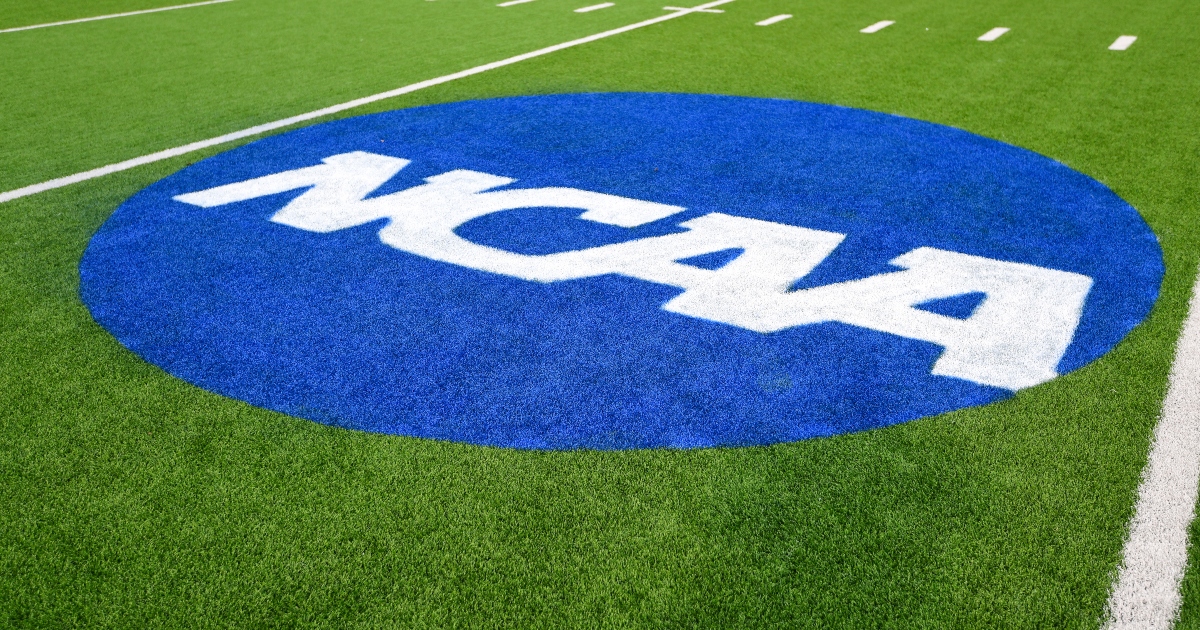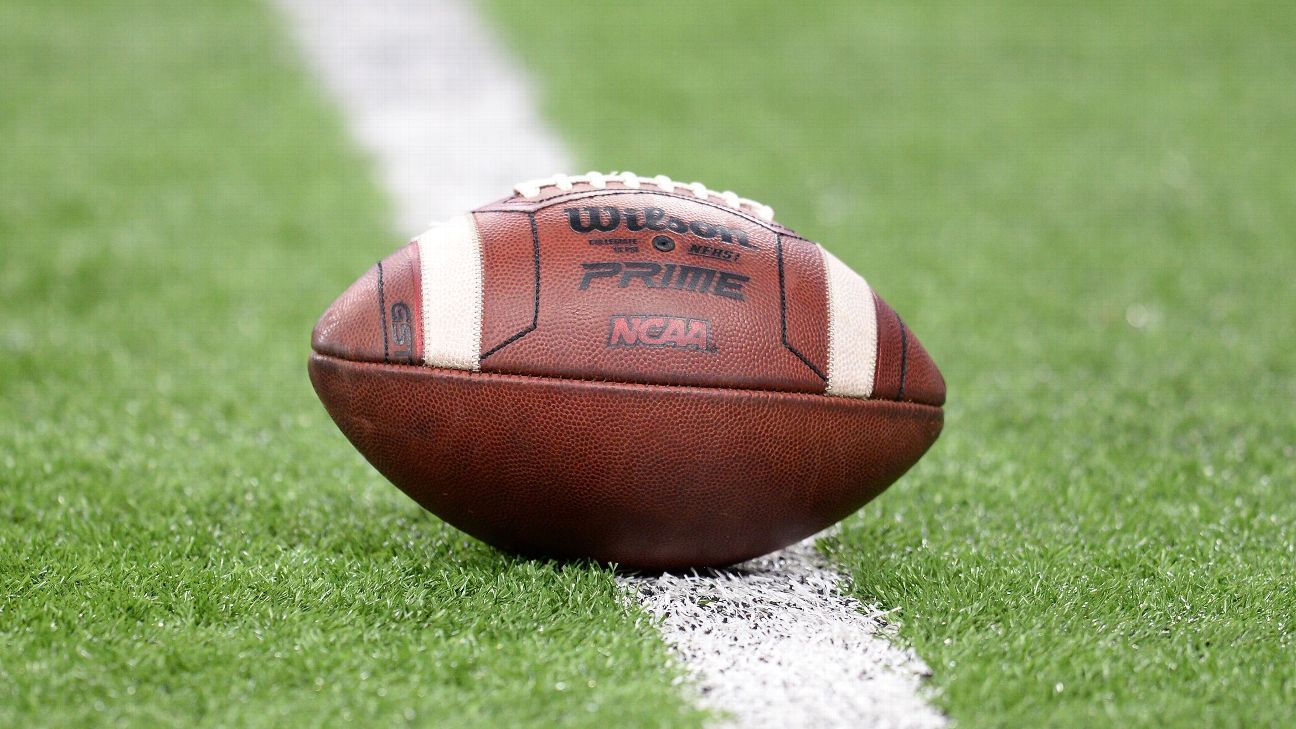Why doesn’t college football use helmet communication like the NFL? Inside a new system that could change that
So why hasn’t it happened? The SEC had conversations about it last spring, but there was disagreement among coaches, a source familiar with the conversations said. There’s also a concern about helmet liability and warranty. Sources in each Power 5 conference confirmed there have been brief discussions at some point in recent years in their leagues.
.
.
.
Another concern among some SEC coaches wasn’t expressed publicly but has been suspected privately: Headsets would eliminate the ability to steal signals. The concept of stealing signals is an open secret in coaching, and some programs have elaborate operations. In a sport in which most rule changes benefit the offense, this could put the sides on the same level of an issue.
Told of that suspicion, David Shaw said it was comforting to hear someone admit that stealing signals exists. Bielema brought it up as well.
“There are certain places that put a premium on stealing signals, and that gets some people known as great play callers, but you can be a great play caller if you know what the other team is doing,” Shaw said. “For me, this is one of those balancing things. You might not be able to get all the information you want, now you have to call the game with some doubt and trust in your preparation and your players.”
Entire article:
https://theathletic.com/3194428/202...l-inside-a-new-system-that-could-change-that/



 . Thanks for pointing that out. They would then
. Thanks for pointing that out. They would then
